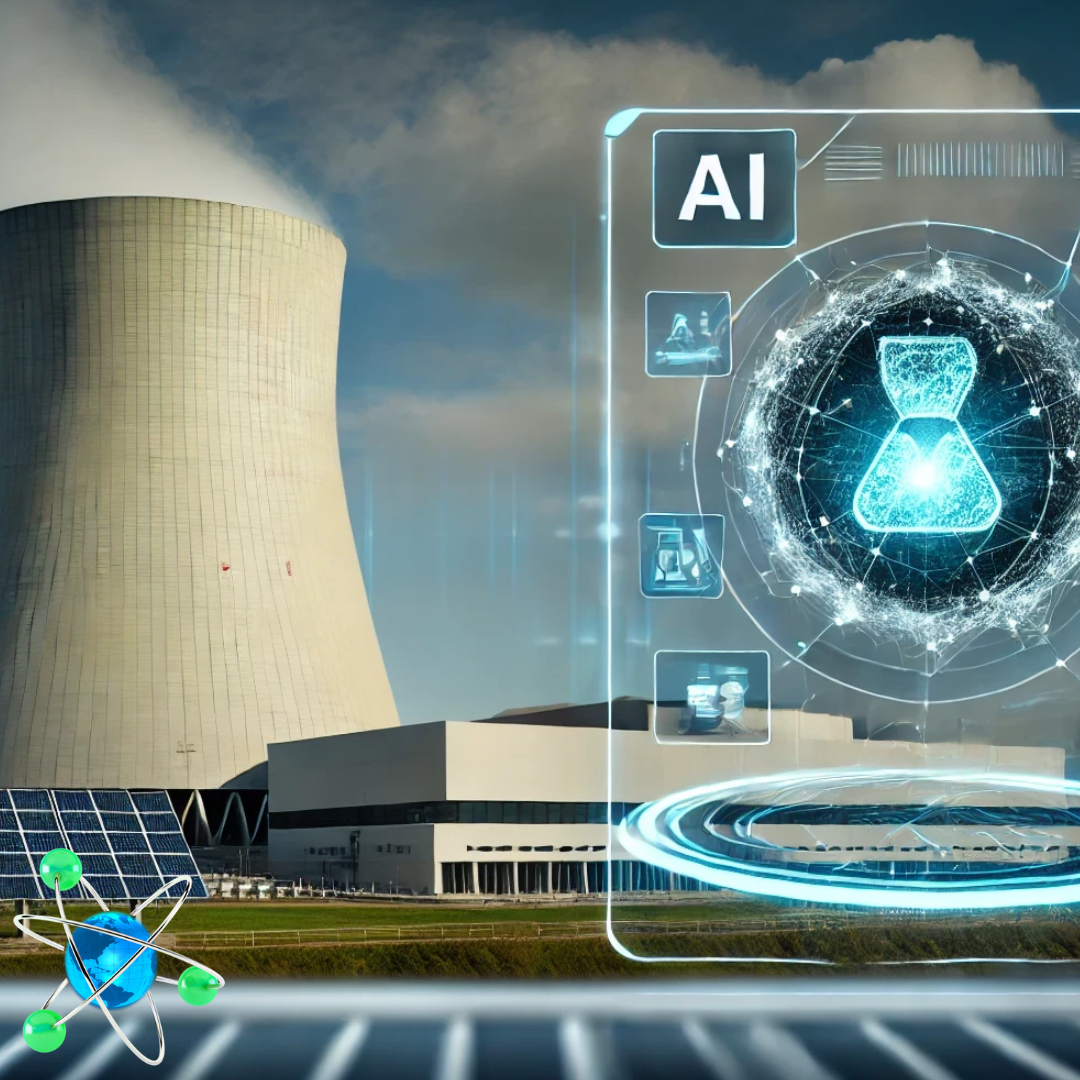
- Tech firms and billionaires are investing in nuclear energy and AI to achieve net-zero carbon emissions, recognizing AI’s significant role in sustainable energy use.
- AI’s growing demand is transforming data centers and U.S. energy infrastructure, with nuclear startups like the one backed by OpenAI’s Sam Altman aiming to meet this need despite regulatory challenges.
- AI and data centers are expected to drive significant increases in electricity consumption, pushing energy companies to invest heavily in renewable power to support this growth, highlighting the need to reconcile AI and climate change agendas.
Tech firms and billionaires have been investing in nuclear energy for years now, urging the necessity for sustainable energy use in the fight against climate change. They’re now looking to incorporate a new incentive into this equation; AI. Artificial intelligence could be one of the integral pieces in the journey to net-zero carbon emissions, now it’s about gaining support on this notion.
“While AI’s surging demand may not lead to mass electrical outages, the AI boom is already changing how data centers are built and where they’re located, and it’s already sparking a reshaping of U.S. energy infrastructure.” said Elon Musk, Tesla CEO at the Bosch ConnectedWorld conference in March.
A nuclear startup backed by OpenAI chief Sam Altman wants to power data centers and homes alike. It’s racing against surging demand while working to satisfy regulators. Everyone’s quickly realizing just how important AI is in terms of nuclear energy, and is ready to take advantage of it. Data centers emit about the same greenhouse gas as the aviation industry and consume a lot of water. However, artificial intelligence can help us better comprehend and cut down on that if we can limit AI’s own climate effects.
Altman recently admitted that “we still don’t appreciate the energy needs of this technology.” What can be said with more certainty at this point is that for the AI revolution to take hold, more power is needed. For investors looking for potential clues about the connection between AI’s proliferation and potential opportunities in energy, we believe that big tech being among the most prolific buyers and supporters of clean energy is meaningful.
Altman adds, “While generative AI has grown at lightning speed, nuclear power projects are heavily regulated and usually advance at a plodding pace. That’s raising questions about whether advances in nuclear energy can cut emissions as swiftly as energy-guzzling AI and other fast-growing technologies are adding to them…”
“Energy companies increasingly cite AI power consumption as a leading contributor to new demand.” AES, a Virginia-based utility, recently told investors that data centers could comprise up to 7.5 percent of total U.S. electricity consumption by 2030, citing data from Boston Consulting Group. The company is largely betting its growth on the ability to deliver renewable power to data centers in the coming years.” AI and data centers will likely require tens of gigawatts of additional power generation capacity around the world over the next several years, and companies are ramping up spending to secure more power. On recent earnings calls, management from companies throughout the renewable energy industry emphasized data centers and AI as key growth avenues.
Bottom line, both AI and climate change agendas have strong support across the U.S. and the world. How these two agendas will be reconciled in the years ahead will no doubt be an ongoing challenge — with huge implications for society.
